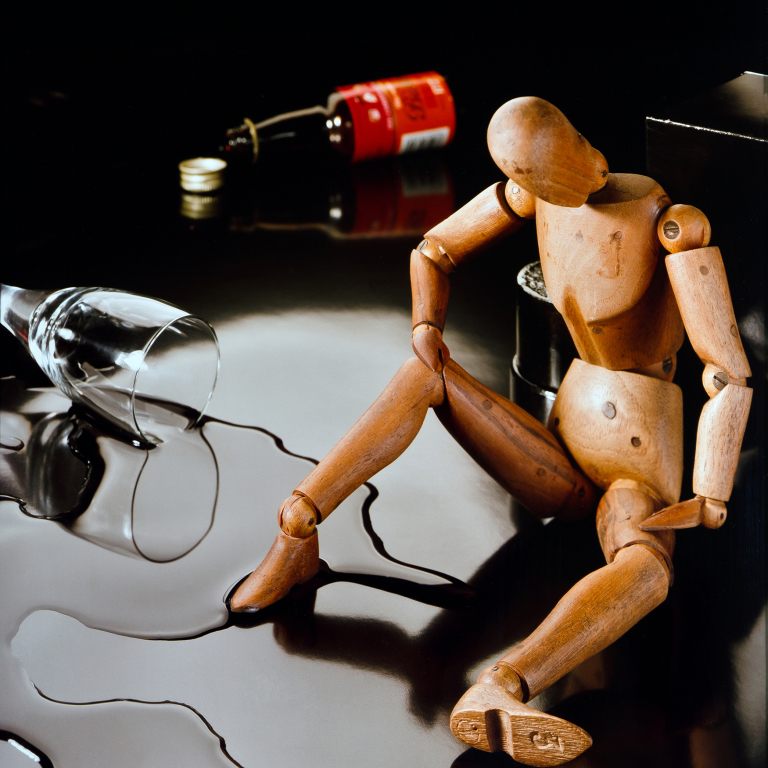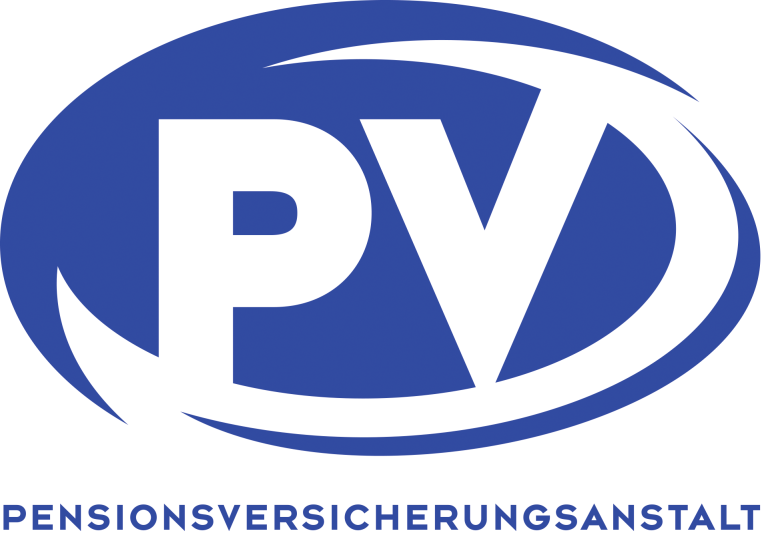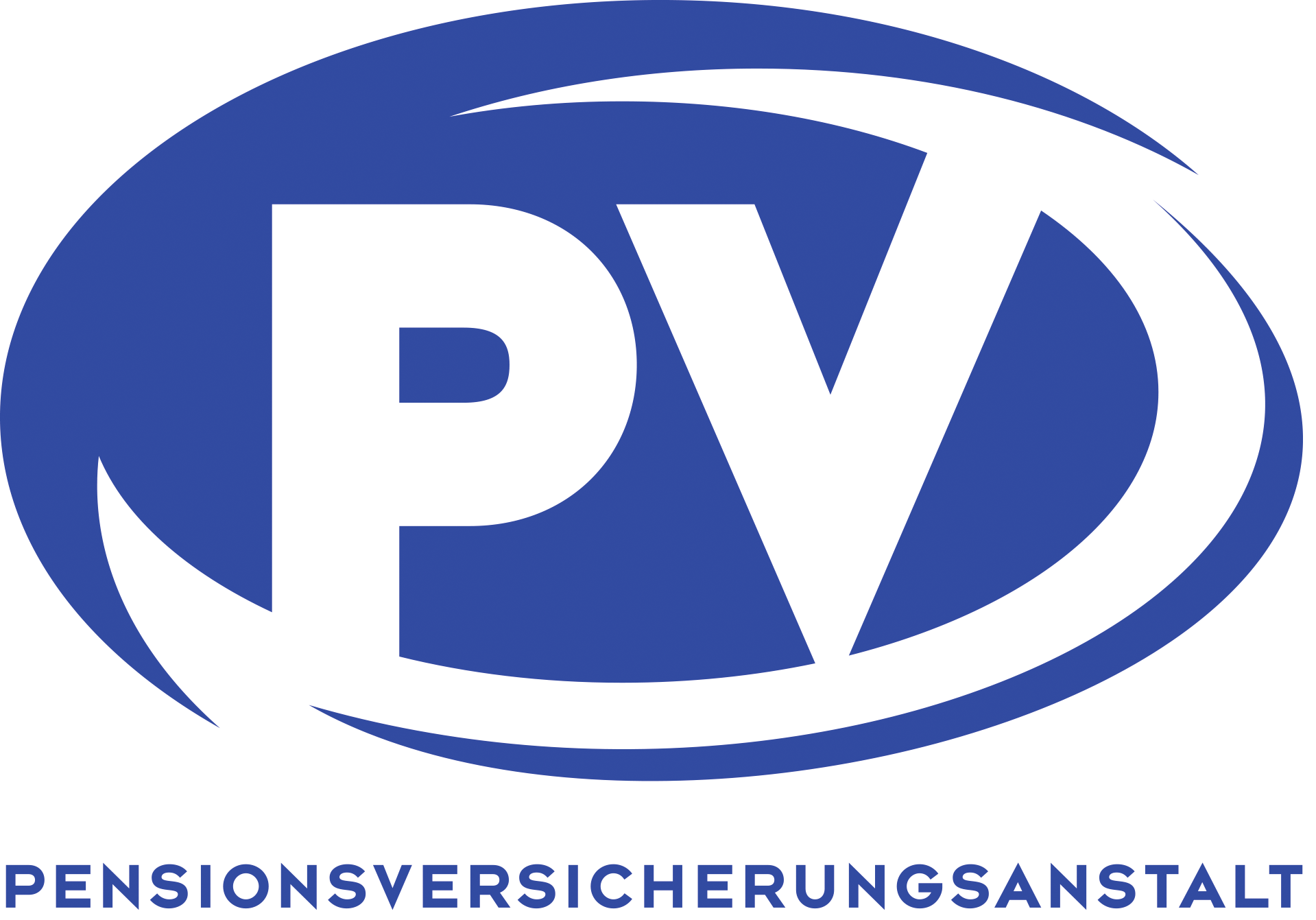Short-Term Therapy
Precondition
The preconditions for therapy/rehabilitation are: making contact with our counselling team (admission meeting), a positively completed physical withdrawal or partial withdrawal, and the clarification of the assumption of costs.
Duration
Short-term inpatient therapy lasts up to 6 months and takes place in the association’s inpatient institutions .
Target group
The short-term inpatient therapy is conceived for adults with SUD who require short-term inpatient intervention, who can be rapidly stabilised and then treated in continuing outpatient therapy. Ideally, these clients are still socially integrated in their personal surroundings. They have completed their education or have a job, or a job can quickly be found again. Clients with a referral to a health-related measure (“therapy instead of punishment” under §35 and § 39 SMG, § 50/51 StGB, § 173 StPO, § 179 StVG), are also admitted, as the government only assumes inpatient therapy costs for up to 6 months.
Therapy/rehabilitation
Like all other clients, those affected take part in the therapeutic community, in the whole therapy programme, and are mentored by the respective multi-professional team (medical, clinical-health psychology and psychotherapeutic therapy/rehabilitation, occupational therapy, active leisure time, social-work and social-pedagogic mentoring etc.).
After an integration phase and a motivation phase the clients move to an implementation phase. This serves to analyse what has been achieved, to prepare and plan the period following the inpatient therapy stay, and for the transition to outpatient therapy/rehabilitation.
Objective
The objectives are to support the possibility of living an abstinent life, stabilising and rapid reintegration into a social environment.
After a physical partial or complete withdrawal, alcoholic clients with their main place of residence in Vienna have the opportunity to undergo inpatient rehab withdrawal lasting from 1 to 2 months in the Sonderkrankenanstalt Marienhof
With „Alkohol. Leben können.“ there are new possibilities for care, which is completely tailored to the individual situation of the person concerned.
Inpatient therapy modules and duration
- Partial withdrawal
-
Target group: alcoholics who owing to their dependency require partial withdrawal as inpatients. The objective of this therapy module is complete physical withdrawal from alcohol, however with the continuation of a possible substitution substance, but at the same time the stabilisation and incorporation into the therapeutic community of the Marienhof specialist hospital.
Duration: 4 weeks - Complete withdrawal
-
Target group: alcoholics who owing to their dependency require full withdrawal as inpatients. The objective is the complete physical withdrawal from alcohol but at the same time also the stabilisation and integration into the therapeutic community of the Marienhof specialist hospital.
Duration: 4 weeks - Therapie & Reha 1 Monat
-
Zielgruppe: Alkoholkranke, die eine kurze Auszeit benötigen, um wieder stabil in ihrer sozialen Umgebung Fuß fassen zu können, sowie Klient*innen die aufgrund
ihrer beruflichen/sozialen Situation rasch wieder ins Berufsleben integrierbar sind. Das Ziel dieses Moduls (allein oder nach dem Entzug) ist die Stabilisierung der Klient*innen und die Vorbereitung auf die ambulante Weiterführung der Behandlung/Rehabilitation. - 1 month therapy & rehab
-
Target group: alcoholics who require a short break in order to find their feet in their social environment again and clients who owing to their occupational/social situation can be quickly reintegrated into working life. The objective of this module (alone or after withdrawal) is a stabilisation of the clients and the preparation for outpatient continuation of the therapy/rehabilitation.
Therapy model and objective
A medical team consisting of doctors of psychiatry and neurology, doctors of general medicine and qualified nursing personnel treats and cares for the clients during the inpatient rehabilitation phases (partial, complete withdrawal, inpatient therapy & rehabilitation for 1 or 2 months) from a somatic as well as psychiatric/neurological perspective. The course of medical therapy is specifically adjusted to the individual clients depending on the symptoms. Active involvement in one’s own recovery is here of decisive importance. There is close cooperation with the nearby specialist hospitals of Neunkirchen and Wiener Neustadt as well as with the specialist physicians in the area.
Psychotherapy, clinical-health psychology
Psychotherapists and clinical-health psychologists mentor the clients during the whole period of stay (individual therapies, group therapy, but also self-help groups are carried out), psychotherapists with the widest-ranging psychotherapeutic training (talking therapy. systemic family therapy, transaction analysis etc.) are involved.
Social work, occupational therapy
Here it is important to rebuild structures, gain concentration, pursue a regular daily routine and achieve motor skills. During the rehabilitation phase clients are supported by social pedagogues, teachers, work instructors etc. The clients receive assistance from social workers in dealing with authorities, debt management etc. The opportunities for education and further training or the transition to rehabilitative outpatient measures are being prepared.
Active leisure time, sport, art, creativity
The focus is on the learning and development of a meaningful structuring of leisure time for the period after inpatient rehabilitation.
Objective
The objective of inpatient therapy is to stabilise alcoholic clients who owing to the course of their disorder require inpatient intervention (withdrawal/weaning off/rehabilitation) and to prepare them for further outpatient therapy. Cases of different individual courses of disorder are integrated in the therapeutic therapy, which requires precise therapy planning and structuring of the day.









